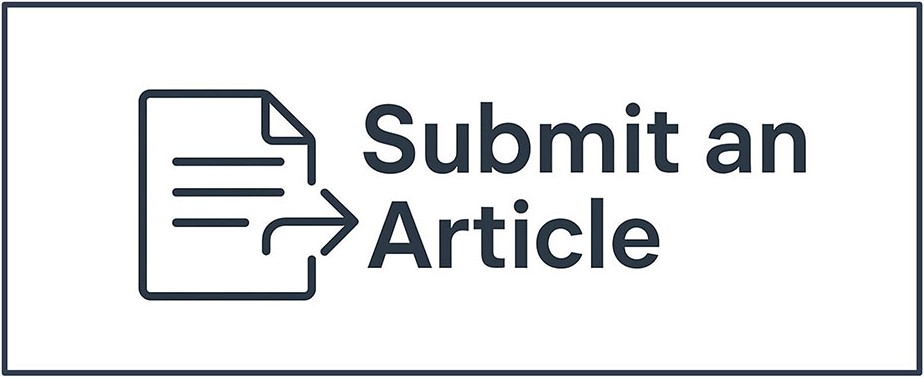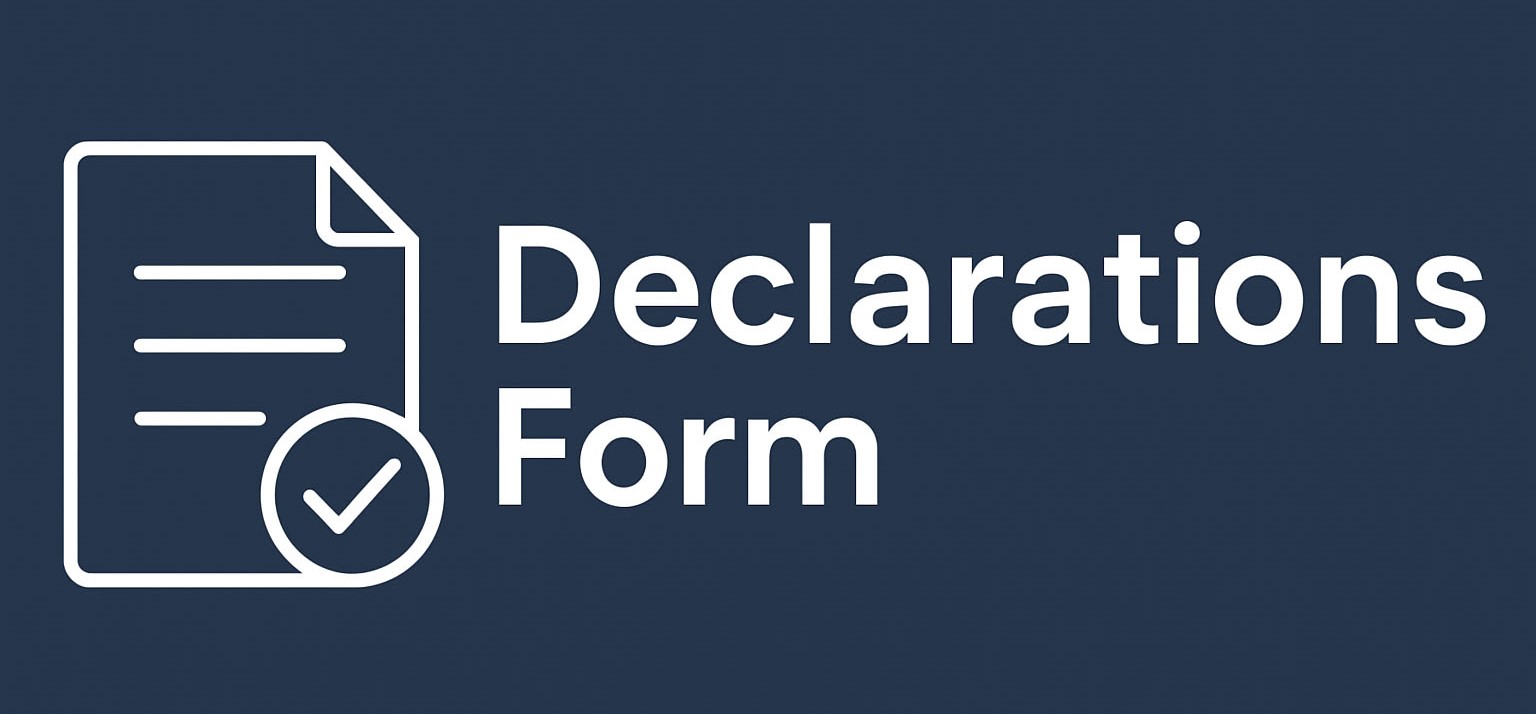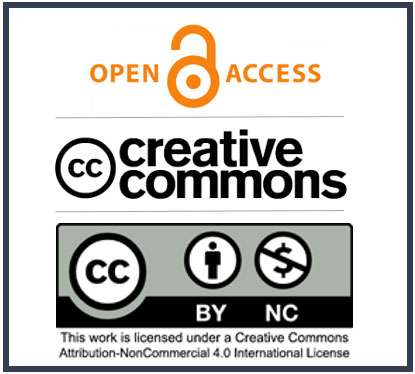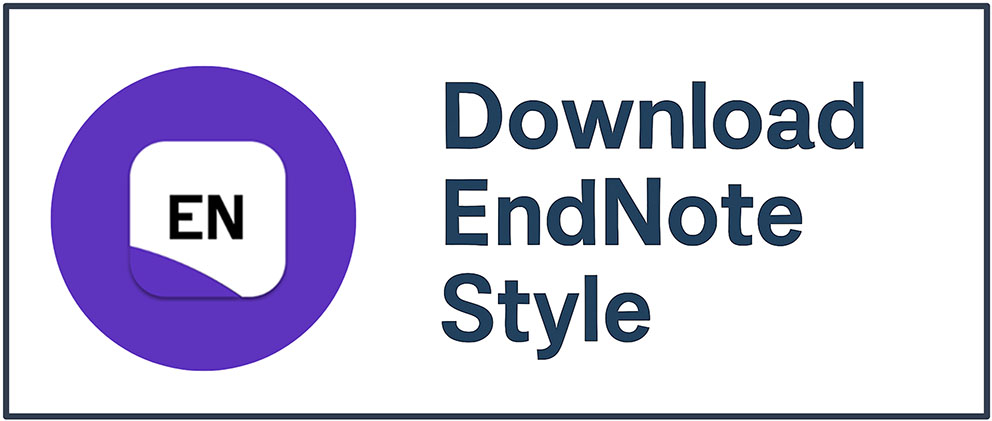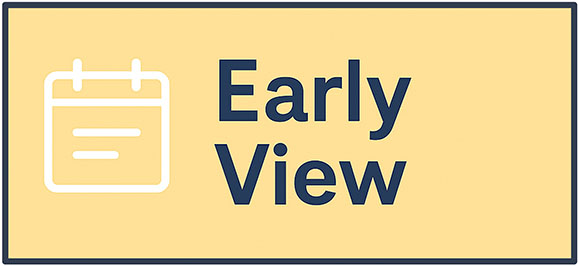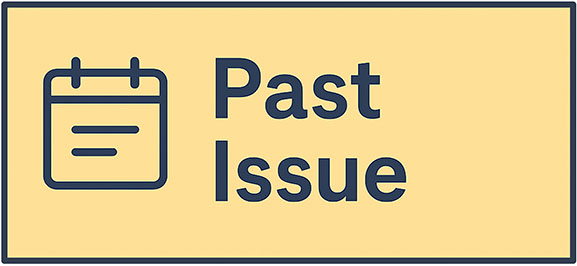Peer-Review Policy
In order for a manuscript to be considered for evaluation, it must meet certain criteria. Firstly, it must be approved by all authors and cannot have been previously published or submitted to another journal. We take plagiarism very seriously and therefore use iThenticate software to ensure that the work is original and not copied from other sources. After this preliminary review, our Editor-in-Chief carefully assesses each manuscript based on several factors, including its originality, methodology, relevance to the journal's scope, and importance of the subject matter.
We guarantee a fair review process for all authors, regardless of their ethnicity, gender, sexual orientation, citizenship, religious beliefs, or political philosophy. We believe that every author deserves an equal opportunity to have their work evaluated and considered for publication. To uphold this principle, we ensure that each manuscript undergoes a double-blind peer review by at least two national/international reviewers. This means that the reviewers are not aware of the authors' identities and the authors are not aware of the reviewers’ identities.
Following the review process, the reviewers provide their recommendations to the Editor-in-Chief, who makes the final decision on publication. The authors are then given the opportunity to modify their work according to the reviewers’ recommendations, before a final decision is made. We take pride in our rigorous review process and are committed to upholding the highest standards of academic integrity and excellence.
The Editor-in-Chief has a responsibility to ensure that all manuscripts submitted to the Journal are assessed fairly and objectively. To achieve this, great should be taken care to ensure that there are no conflicts of interest between the authors, editors, and reviewers involved in the process.
When assessing a manuscript, reviewers are required to provide their objective judgments on a range of key aspects. This includes evaluating whether the manuscript contains new and significant information, whether the abstract accurately summarizes the content of the manuscript, whether the problem being addressed is stated clearly and concisely, whether the methods used in the study are described comprehensively, whether the interpretations and conclusions drawn by the authors are justified by the results, whether adequate references are made to other works in the field, and whether the language used is acceptable.
In addition to these requirements, reviewers are also expected to maintain strict confidentiality in relation to any information they receive about a submitted manuscript. If a reviewer becomes aware of any instances of copyright infringement or plagiarism on the author's side, they are required to report this as soon as possible. Through these measures, we are able to maintain the integrity of the Journal and ensure that all manuscripts are assessed fairly and objectively.
In the event that a reviewer experiences a sense of inadequacy regarding their ability to properly review a manuscript, or if they anticipate being unable to complete the review in a timely manner, it is of utmost importance to promptly inform the editor and withdraw from the review process. This is not only a responsible course of action, but it also ensures that the manuscript receives the most thorough and accurate review possible. It is essential that reviewers uphold their commitment to the integrity of the review process and prioritize the quality of the work being reviewed.
The editor places great importance on the confidentiality of the manuscripts being reviewed by the selected reviewers. As such, it is imperative that the reviewers and the editorial board maintain the privacy of the manuscripts and refrain from sharing or discussing them with any third party. The reviewers’ anonymity is a crucial aspect of the review process and must be upheld at all times. This privileged interaction between the editor and the reviewers ensures that the manuscripts receive fair and unbiased evaluations, leading to the publication of high-quality content.
The Journal of Endodontics and Restorative Dentistry follows a rigorous two-stage review process for all submitted manuscripts. This includes an Internal Editorial Review and an External Review Process. The review process and other pertinent details are as follows:
Review Timing: Pre-publication
Number of Reviewers: Two Internal Reviewers (Editorial Review)- Two External Reviewers (Peer Review)
Mediation: Editors mediate all interactions between reviewers and authors
Reviewer interacts with: Editor
Number of days between submission & last decision: Average 4 Weeks
Plagiarism checks: Yes – iThenticate: Plagiarism Detection Software
The Peer Review Process
- The Editor-in-Chief’s Review
Immediately after submission, the Editor-in-Chief performs a preliminary review to ensure compliance with the journal's purpose, scope, and ethical research and writing standards.
- The Editorial Board Review:
The Editor-in-Chief selects two Internal Reviewers from the Editorial Board based on their area of expertise. They evaluate the manuscript in terms of its subject, method, and results and determine whether it should proceed to the external review process for further evaluation. The identities of the reviewers are not disclosed to the author, while the author's identity is not disclosed to the reviewers. The identities of both are visible only to the decision-making editor.
- Preliminary Examination and Similarity Screening:
An internal reviewer performs a preliminary review of the manuscript to ensure that it complies with the journal's writing standards. The internal reviewer then uses iThenticate software to generate and analyze a similarity report.
- The Peer Review (External Review) Process
At this stage, two external reviewers take charge. External Reviewers 1 & 2 (Identity Transparency: Double Anonymized)
The Section Editor selects two external reviewers from a pool of scholars who have researched the manuscript topic. If a reviewer with expertise in the manuscript topic cannot be found, the reviewers are selected from scholars who have a doctorate in that field of science. The reviewers evaluate the manuscript thoroughly in terms of its subject, method, and results and provide their opinions on whether the paper should be published. If both reviewers' reports are positive, the study is accepted for publication at the discretion of the Editor-in-Chief. If either of the two reviewers has a negative opinion, the study is sent to a third reviewer. Manuscripts can be published with the favorable decision of at least two reviewers. The identities of the reviewers are not disclosed to the author, while the author's identity is not disclosed to the reviewers. The identities of both are visible only to the decision-making editor.

